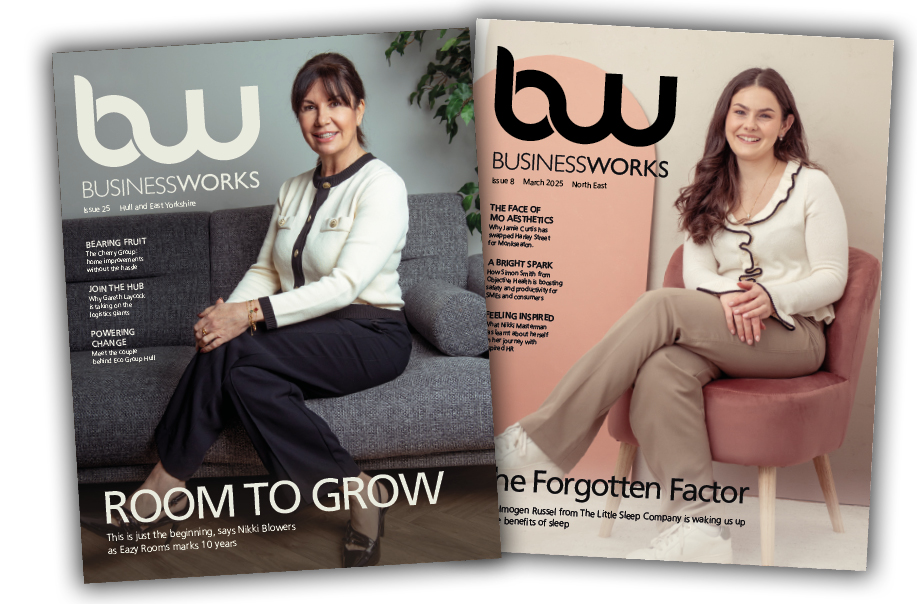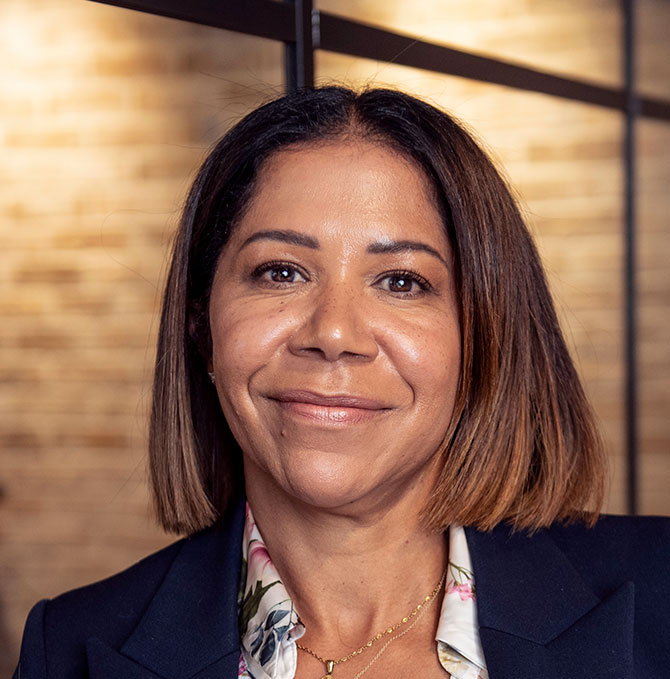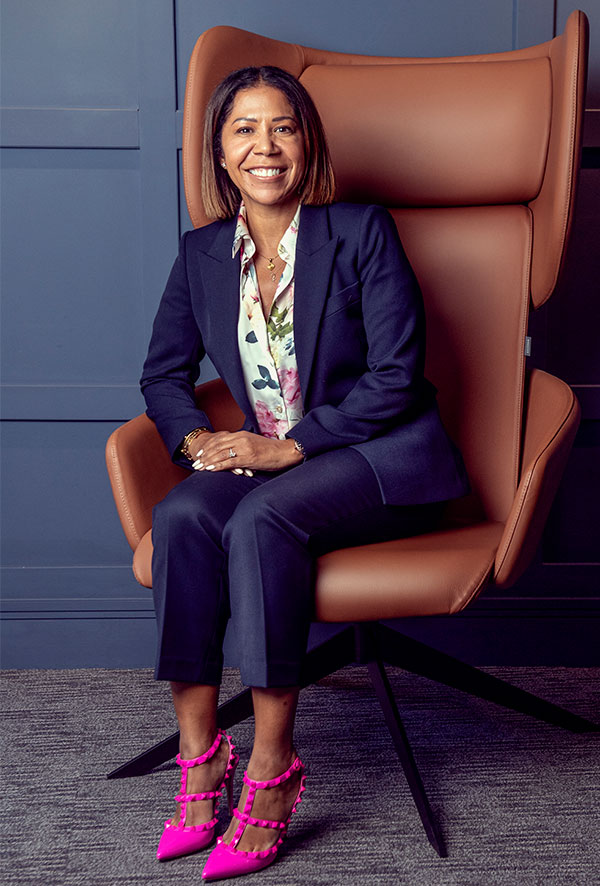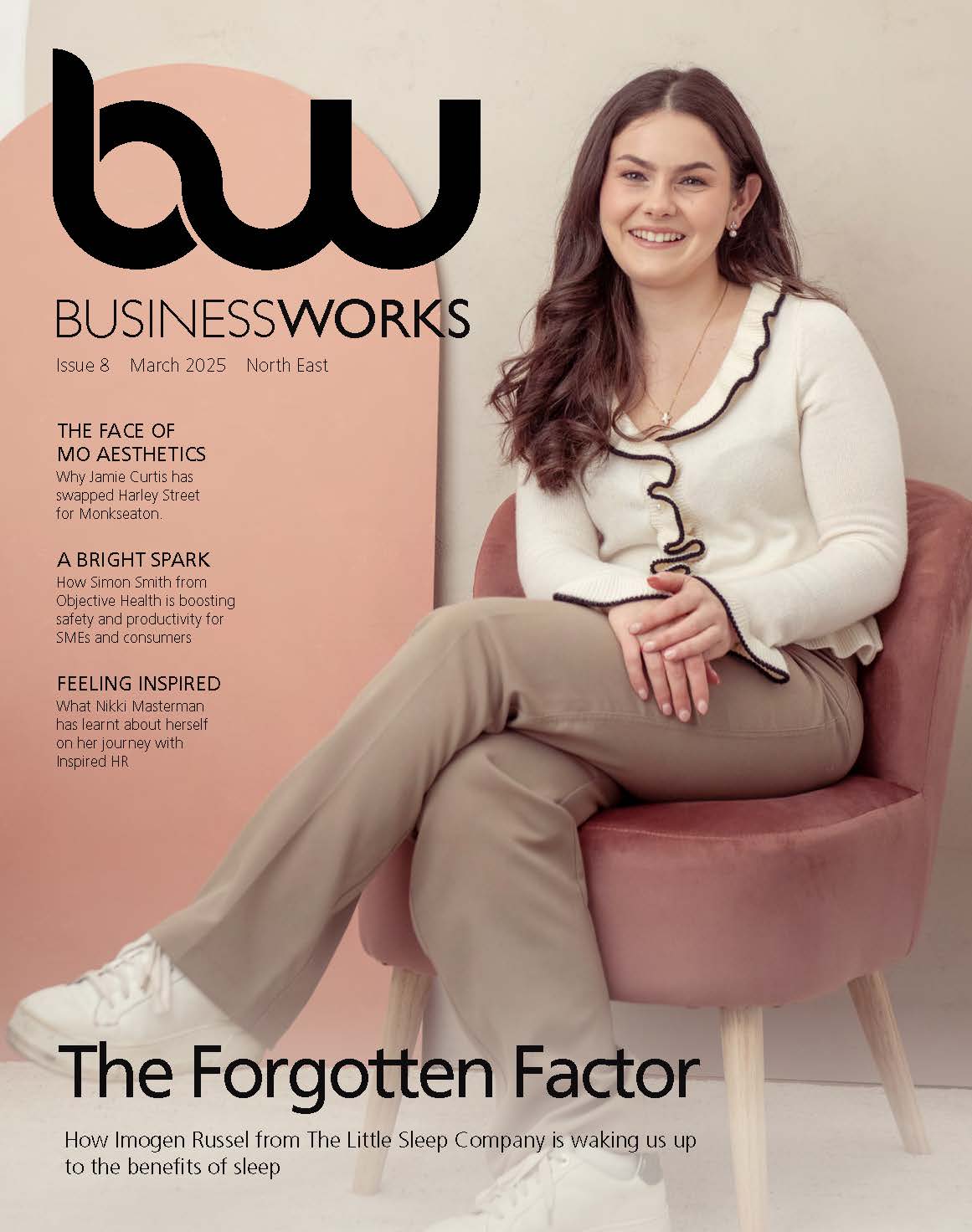After she was made redundant in 2004, Melissa Coutts walked into a recruitment office and said ‘I need a job. I’ll do anything’. They responded by offering her a job. Ten years later, she started her own recruitment business, Recruitrite, focused on providing bespoke, long-term solutions for clients. Here, the Darlington-based managing director and recruitment professional reflects on her journey, the changing recruitment landscape, and the people who have helped and inspired her.
Tell us about your early career…
I started my career in business development and my first proper job was at BT. It was excellent training and gave me a good grounding in business processes.
I worked for a couple of telecoms companies and ended up in business process outsourcing, providing helpdesk services and managing the delivery of their customer support functions to the financial services sector just as banks were starting to do online banking.
Sounds like an exciting time so why the move to recruitment?
I got made redundant. I’d never been in that situation before and I didn’t know what to do. One day I walked into a recruitment company and said, ‘I need a job. I’ll do anything’. A woman asked if I’d ever thought about recruitment? I didn’t know anything about it but I had nothing to lose. I thought I’d try it for six months to seen how goes, and I took to it like a duck to water!
What was it about recruitment that appealed?
I enjoyed learning about the client companies we worked with. I’m naturally curious so it fitted me well. I also liked finding out about the candidates – what they wanted and what worked for them. I enjoyed being a matchmaker!
You worked for a large-scale recruitment company for 10 years and ended up looking after its North East region. Why leave and set up on your own?
I’d left to have a baby and when I came back from maternity leave, things felt different. I was more concerned about reporting stats into head office and making sure the team were hitting their KPIs rather than supporting my team to deliver excellent recruitment services to meet the needs of our clients and candidates. I was speaking to a client one day and he said, ‘Why don’t you set up on your own?’. That was a catalyst.
What were your biggest challenges starting out?
There were so many challenges at the start. I had to learn a lot, very quickly.
For example, we started the company by doing volume temp recruitment, which we still do. We had to pay the agency workers we’d placed weekly, whereas the clients usually worked on a 30-day basis. This caused a shortfall, so I had to look at different forms of funding and quickly understand how invoice finance worked. It was tough but I made it work.
Did you get support from anyone?
I’m fortunate to be based in the Tees Valley which has such a good business network. I asked lots of people for help. It was mainly having chats, sharing contacts and leads over a cup of coffee. It wasn’t anything very formal but it helped enormously.
How did you develop the business?
Recruitment is typically all about sales targets, hitting numbers, making a set number of calls a day, or going out to a certain number of clients. I didn’t want Recruitrite to be about the numbers, we are all about the people. I wanted it to be about adding value, designing recruitment and onboarding strategies to meet with our clients requirements. I wanted the focus to be on building quality long-term relationships with clients, providing fantastic opportunities for our candidates to gain stable, long term and rewarding opportunities and developing a supportive environment for recruiters to flourish.
Recruitment seems to be about fulfilling an immediate need. Why focus on long-term relationships?
Typically most client businesses contact an agency as they have had a resignation, given a promotion, or the business is expanding so it is an immediate need, but by getting to know more about them and what they want to achieve over the next six, months, 12 months or beyond, you can start preparing for their future recruitment needs. We are essentially developing a talent pool for them and anticipating what is next for their business. We can start identifying and building relationships with candidates to enable our clients’ business to achieve their future goals.
How have you used technology in your business?
When we started, we used an applicant tracking system (ATS), like a lot of recruiters, but as we evolved, we implemented an Excelpoint no code system that digitised a lot of our processes, especially those in the early stages. I knew it would allow us more time to build those long term relationships. This was the start of 2020. We obviously couldn’t have predicted what was going to happen in terms of the COVID pandemic, but having the system in place put us in a really good position after lockdown. It meant we could scale up quickly and easily and meet the uplifted demands as we came out of the pandemic.
How did the pandemic effect you and recruitment more generally?
For most of our clients it was a quiet time but as recruiters for the Aldi RDC we needed to get staff in and quickly in order to enable them to get stock out into their stores; so even though I wasn’t technically a key worker as part of Aldi’s supply chain we worked all the way through. Following lockdown demand spiked across all our clients as they needed to get back up and running quickly and the lockdown gave many people some time to reflect and make changes to their chosen career. It was definitely a boom time for all of the recruiters I know.
What sectors and roles do you know deal with?
Initially, I started the business working for manufacturing and logistics and supply chain. I’m a warehouse geek and know a lot about warehouse floors and automation! But we’ve since evolved and now work in healthcare, specialist engineering, hospitality, and admin and call centres, too. We historically have been an agency providing temporary and contingent workers, but we now also support our clients permanent recruitment requirements and we certainly do much more of this as a business.
You’re recently launched a new recruitment platform, Ritepeople RaaS. Tell us more.
Recruiters are not particularly popular with businesses because there’s a traditional view that we’re only interested in getting a fee and more often than not it’s a big one. But for us, it’s never been about that, and we wanted to put a commercial model in place that mirrored that. Effectively Raas (Recruitment as a Service) dramatically reduces the cost of recruitment, typically by 30-50% and flattens their cashflow.
Clients pay a set monthly fee to work with us. It’s designed to save the client time and money by allowing us to build that relationship with them. If we can understand how the business will grow, we can identify what positions they’ll need in the future and start identifying candidates for when that happens.
Clients who are using RaaS love it because it takes the pressure off them to decide how their recruitment is going to look. It’s like we become their recruitment team.
Our clients can use our Recruitment as a Service model, but they can also use our services in a more traditional way. We want to be as flexible as possible.
What are your future plans for Recruitrite?
We’ve got the right foundations in place now and so we want to do more of what we do well. There’s loads going on in Teesside, which represent a lot of opportunities to build our client base.
We also want to shout about ourselves more. A lot of female-led businesses are guilty of not pushing themselves to say how good they are. That needs to change.
A couple of years ago, we appointed Caroline Noble as our marketing manager and that has been really good for us in getting our consistent brand message out there.
What are the future trends in recruitment?
Recruitment has always been a candidate-driven market but we’re seeing the tides change with companies able to be more selective about who they employ.
Things have settled down after the pandemic and people are looking for stability. Salaries aren’t rising as fast as they were previously and so now is a good time for employers to examine what they need, identify a strategy going forward, and start an engagement model with people.
But, employers need to adapt to changes too. It’s now much more important to candidates to know up front about a company or organisations’ ethos and what benefits they offer. Things like walkaround interviews are also becoming more popular as they allow candidates to get a better picture of the workplace. Simple things like that can make a big difference in terms of successful recruitment and retention.
Is networking still important to you?
Absolutely! I love networking, I find it fascinating meeting new people, talking to people about their experiences, and catching up with my contacts. It’s also great that there’s more diversity. When I started out as a black female in business, no one looked like me, but that’s changed now. You see people of different ages, genders, and ethnic backgrounds… It’s great and I love learning from different people!
For more information, visit www.recruitriteuk.com






